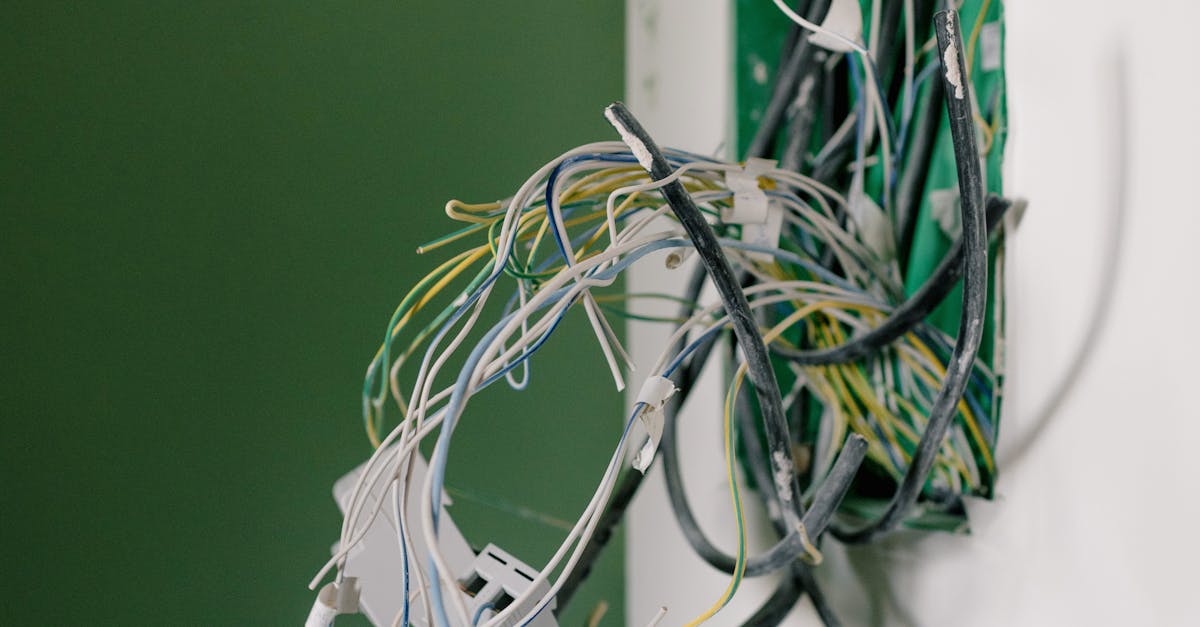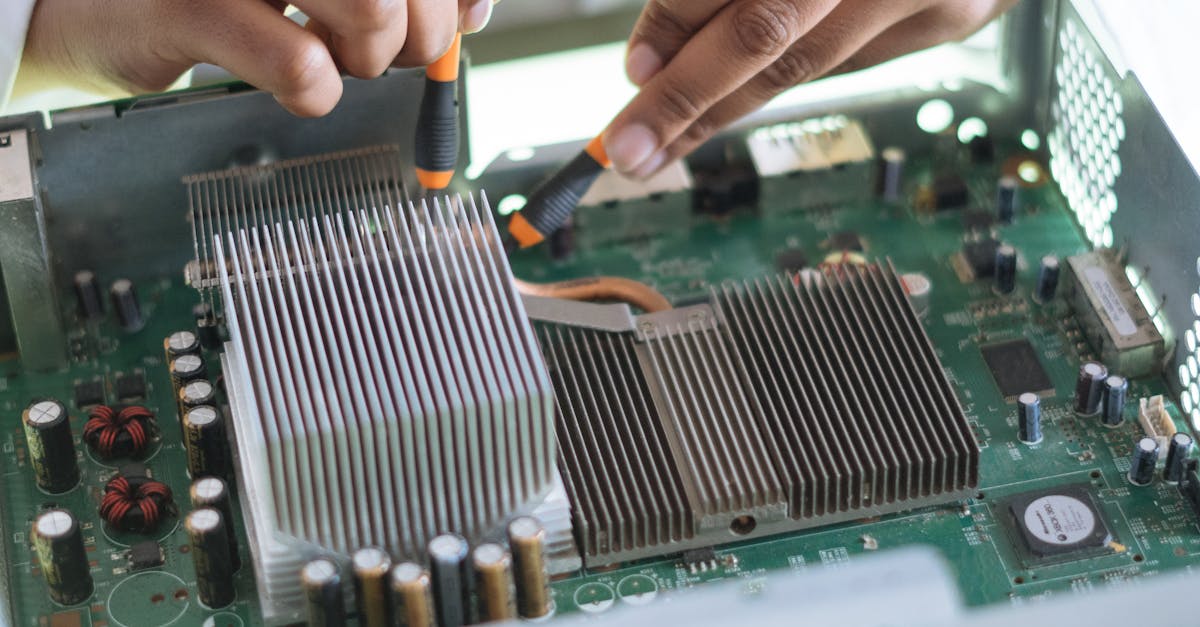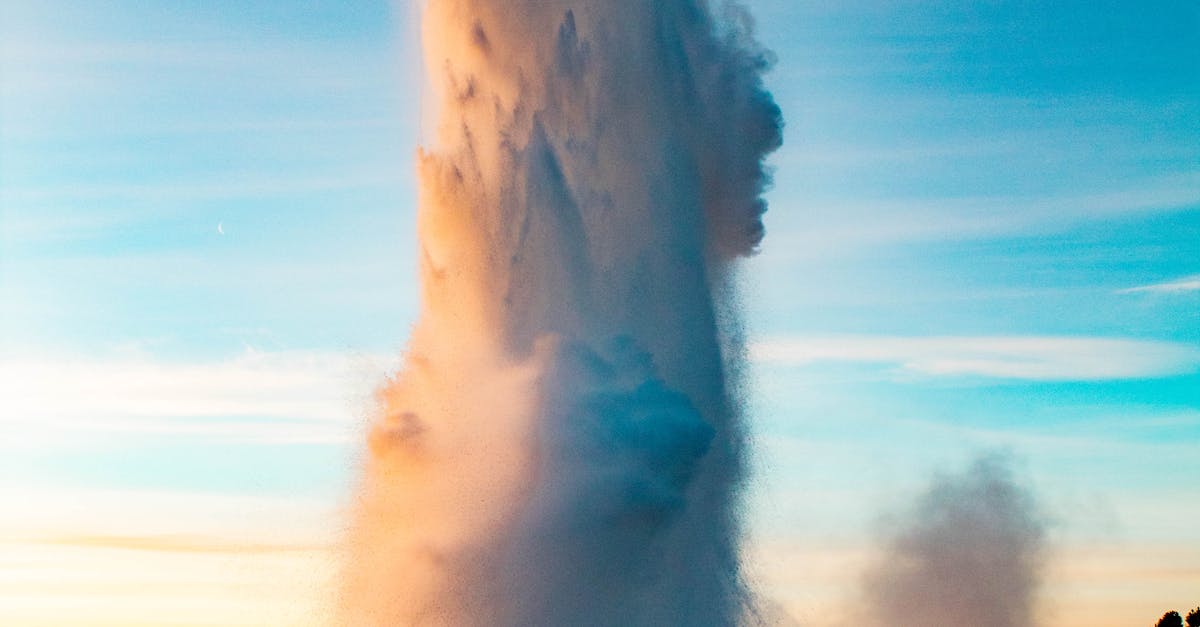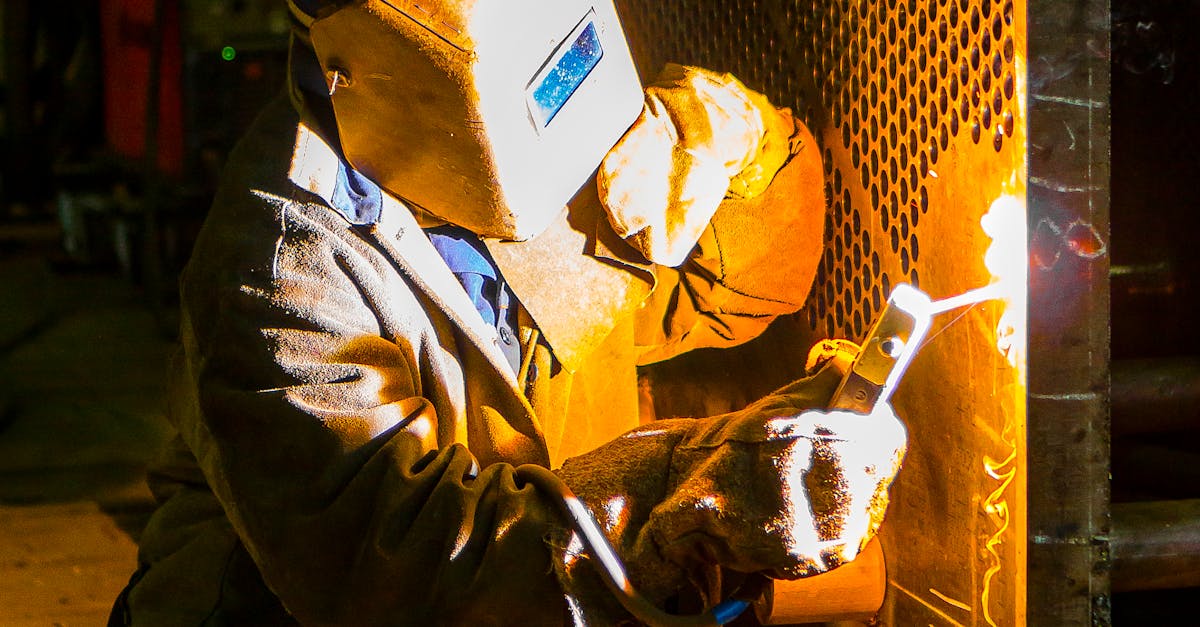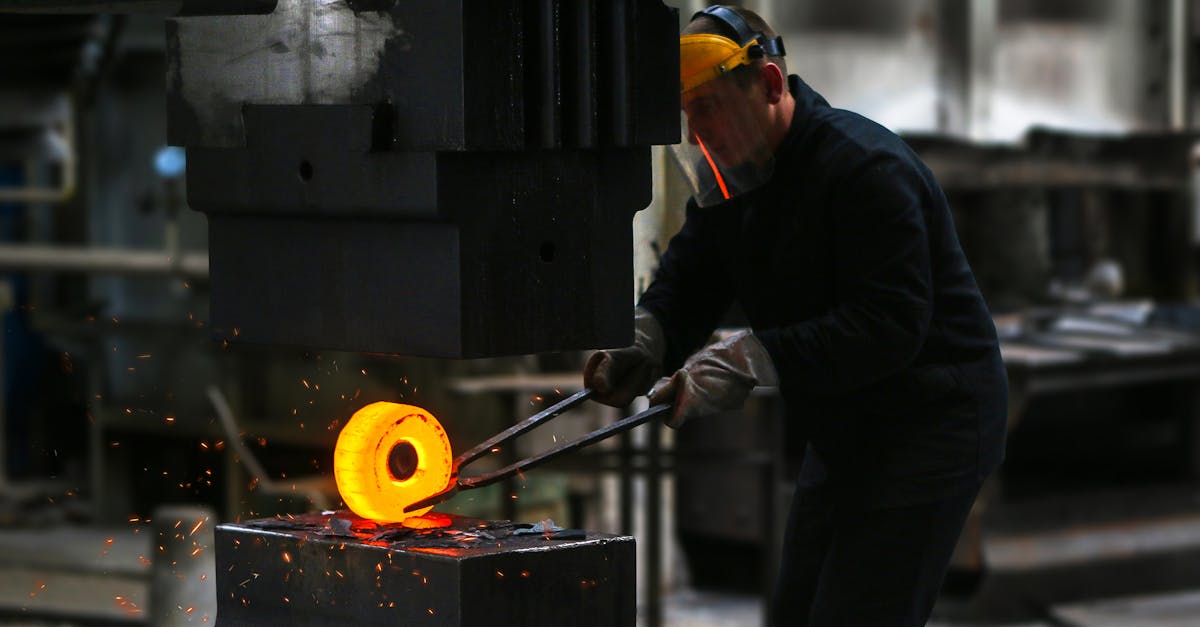
Table Of Contents
Leaks Around the Water Heater
Leaks around the water heater can be indicative of a pressing issue that shouldn't be overlooked. If you notice water pooling around the base of your water heater, it could signal a leak in the tank or one of the connecting pipes. This breach in the system can lead to water damage in your home and can also result in increased utility bills as the water heater works harder to compensate for the lost water.
Contact a professional from a reputable company specializing in Hot Water System Installation immediately if you detect leaks near your water heater. Ignoring this problem could lead to further damage to your property and compromise the efficiency of your hot water system. A prompt assessment and potential replacement of your water heater may be necessary to prevent any escalation of the issue.
Inconsistent Water Temperature
Inconsistent water temperature from your hot water system can be a clear indicator that it may be time for a replacement. This issue can be frustrating, as you may experience sudden bursts of scalding hot or icy cold water while attempting to regulate the temperature. If adjusting the thermostat doesn't resolve the problem, it could be a sign that your hot water heater is failing. Inconsistent water temperature can also disrupt your daily routine and lead to discomfort, emphasizing the importance of maintaining a fully functional system.
When faced with fluctuating water temperatures, it is crucial to consider the age of your hot water system. Over time, wear and tear can impact the efficiency of the heater, resulting in temperature inconsistencies. If you have had your unit for over a decade or are experiencing frequent temperature variations, consulting a professional for an assessment may be necessary. Hot water system installation specialists can provide guidance on whether a new appliance is needed to restore a consistent and comfortable hot water supply in your home.
Reduced Hot Water Supply
Reduced hot water supply is a common indication that your hot water heater may need attention. If you notice that the amount of hot water available for use has significantly decreased, it is a sign that your system may not be functioning as efficiently as it should. This reduction in hot water supply can be frustrating, especially during peak usage times and could be a symptom of various underlying issues within your hot water system installation.
When experiencing reduced hot water supply, it is essential to investigate the potential causes promptly. Some possible reasons for this problem include mineral buildup in the tank, a malfunctioning heating element, or even issues with the thermostat. Ignoring this issue can lead to further damage to your hot water heater and may result in the need for costly repairs or even a complete replacement of the unit. If you consistently find yourself running out of hot water faster than usual, it's advisable to seek professional assistance to diagnose and address the root cause of the problem promptly.
Higher Energy Bills
If you've noticed a sudden spike in your energy bills, your hot water heater might be the culprit. As water heaters age, they can become less efficient, requiring more energy to heat the same amount of water. This increased energy usage can lead to higher utility costs. If you find yourself having to pay more for your energy bill without a clear explanation, it might be time to consider looking into the condition of your hot water system.
Regular maintenance and inspections can help you stay ahead of potential issues with your hot water system. Higher energy bills can be an early sign that your water heater is struggling to perform efficiently. Consulting with professionals in Hot Water System Installation can provide insights into whether your current water heater can be repaired or if it is time for a replacement.
Water Heater Taking Longer to Heat
A clear sign that your hot water heater may need replacing is when it takes longer than usual to heat the water. This delay in heating can be caused by a variety of issues within the heater, such as sediment build-up or a failing heating element. If you notice that you have to wait longer for hot water to reach your faucets or shower, it might be time to consider the condition of your hot water system. In such situations, contacting professionals in Hot Water System Installation may be necessary to assess the state of your water heater and recommend the appropriate course of action to restore its efficiency.
Ignoring the extended time it takes for your water heater to heat up can lead to more significant problems down the line. Gradual wear and tear on the heating components can lead to increased energy usage and even potential system failures. It is essential to address issues promptly to avoid inconvenience and potential safety hazards. If you find that your water heater is struggling to heat water in a timely manner, seeking guidance from experts in Hot Water System Installation can help prevent further complications and ensure your hot water needs are met efficiently.
Visible Signs of Corrosion on the Tank
Visible signs of corrosion on the tank of your hot water heater are a clear indication that it may be time for a replacement. Corrosion can weaken the structure of the tank, leading to potential leaks and malfunctions in the system. Over time, the buildup of rust can compromise the efficiency and safety of your hot water system. If you notice any signs of corrosion, it is essential to consult a professional for an assessment of your hot water system installation.
Corrosion on the tank can also contaminate the water supply, posing health risks to you and your family. The presence of rust in the water can cause discoloration and affect the taste and quality of the water coming from your hot water heater. To ensure the longevity and performance of your hot water system, vigilant monitoring of any visible signs of corrosion is crucial. If you observe any rust or corrosion on the tank, it is advisable to contact a certified technician to evaluate the condition of your hot water system installation.
FAQS
What are some common signs that my hot water heater needs to be replaced?
Some common signs that your hot water heater needs to be replaced include leaks around the water heater, inconsistent water temperature, reduced hot water supply, higher energy bills, water heater taking longer to heat, and visible signs of corrosion on the tank.
How can I tell if my hot water heater is leaking and needs to be replaced?
You can tell if your hot water heater is leaking and needs to be replaced if you notice water pooling around the base of the water heater or if there are visible signs of rust or corrosion on the tank.
Why is inconsistent water temperature a sign that my hot water heater needs to be replaced?
Inconsistent water temperature can be a sign that your hot water heater needs to be replaced because it may indicate a malfunctioning heating element or a buildup of sediment in the tank, both of which can affect the heater's performance.
What should I do if I notice a reduction in my hot water supply?
If you notice a reduction in your hot water supply, it may be a sign that your hot water heater needs to be replaced. You should contact a professional plumber to inspect the heater and determine if a replacement is necessary.
Can higher energy bills be a sign that my hot water heater needs to be replaced?
Yes, higher energy bills can be a sign that your hot water heater needs to be replaced. A malfunctioning or inefficient hot water heater can lead to increased energy consumption, resulting in higher bills.













